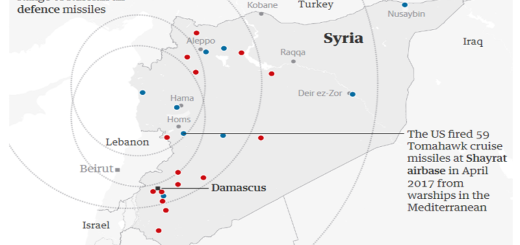New US sanctions cause Iraq to discontinue the use of the dollar while trading with Iran

Image: BR
Washington’s sanctions against Tehran has brought the usage of the American dollar by Iraq in their financial transactions with Iran to a standstill. The United States’ President Donald Trump threatened other countries by tweeting, “Anyone doing business with Iran will NOT be doing business with the United States.”
Few of the things that were impacted by the targeting of Iran through the United States’ sanctions were Iran’s exports, its financial system and ability to access the global financial system. These were brought into effect from Tuesday at midnight. Iraqi spokesperson Saad al-Hadithi told Sputnik on Thursday, “The sanctions will influence, first of all, money transfers and banking operations in the US dollar. The sides will not use the US dollar.” He added that move would result in a decline in trade between the two countries and thus affect the consumers.He also stressed that the Iraqi government would try to find “a new mechanism” in order to support trade relations with Iran.”In any case, the government will seek to solve all the problems related to this issue, it will look for corresponding mechanisms to neutralize the [sanctions’] influence on the Iraqi market and also prevent the damage caused to the Iraqi citizens’ interests,” al-Hadithi continued.
The first package of the US’s sanctions against Iran were previously lifted under the Iranian nuclear deal. However, they were brought into effect again following the former’s withdrawal from the agreement. These will be re-imposed after a 180 -day period that will end on the 4th of November. The main targets of these sanctions were Iran’s procurement of dollar bank notes, trade in gold and other metals, transactions related to the Iranian rial (national currency), as well as other countries’ transactions and trade activities with Iran. On Monday, the US was condemned for their sanctions by Germany, France and Britain via a joint statement from their respective foreign minister. Turkey’s Energy Minister FatihDonmez described the sanctions as “unilateral” and added, “Even the European Union is extremely annoyed by this. We are conducting legitimate trade here.” True to this statement, the European Union has also vowed to protect the interests of the European companies that could suffer due to these sanctions.
According to the approximations of the Iranian daily Financial Tribute, Iran exported $5.57 billion worth of non-oil goods to Iraq from March 2017 to February 2018, with food and construction materials topping the list of exported commodities. Iran also supplies vehicles and spare car parts, electronics to Iraq.
Neha Hardikar is a Research Intern at The Kootneeti


















